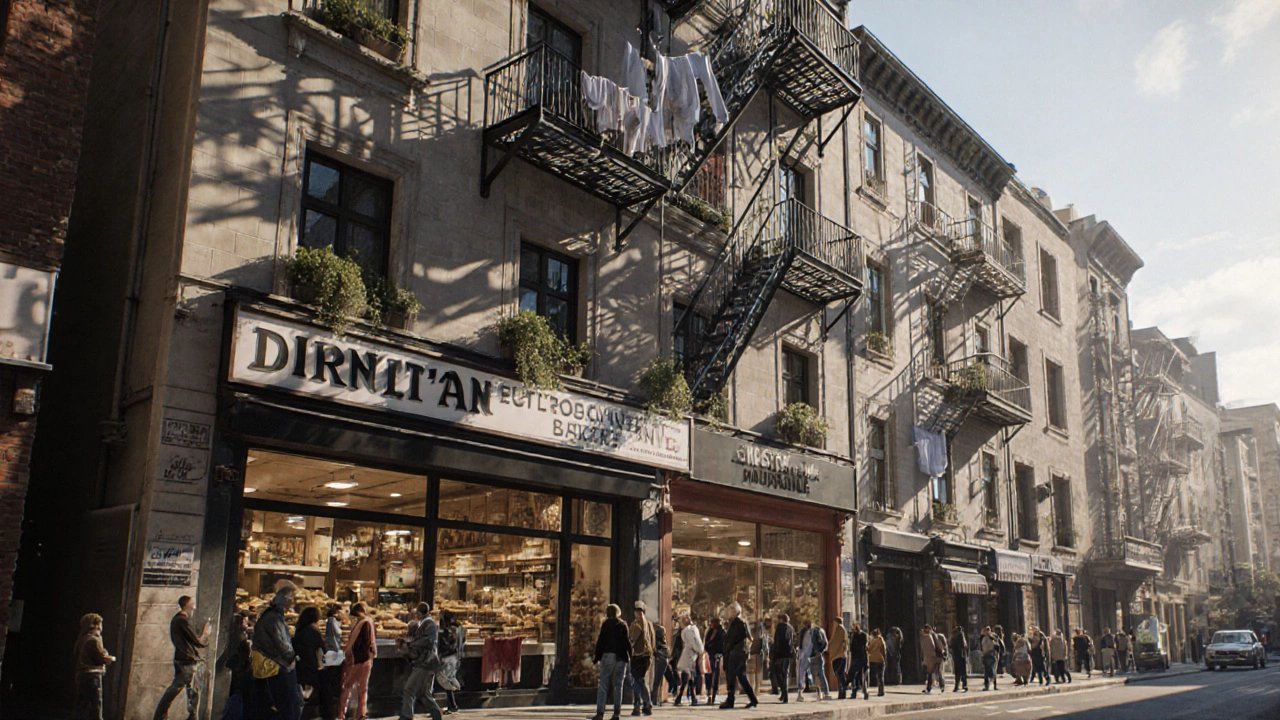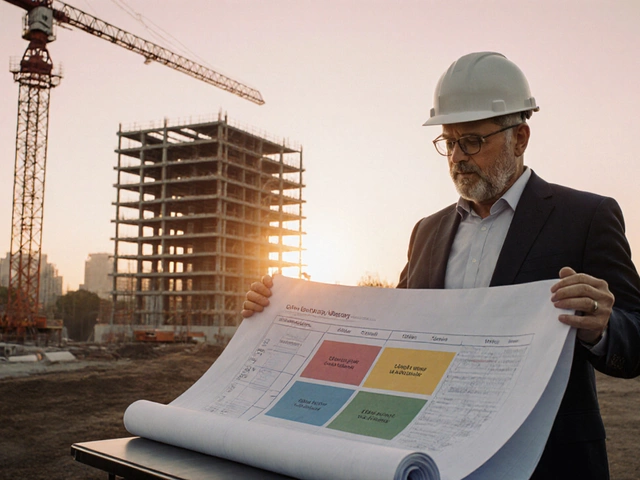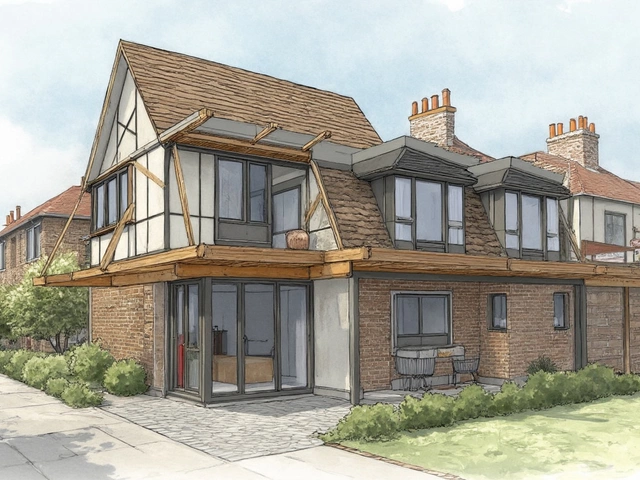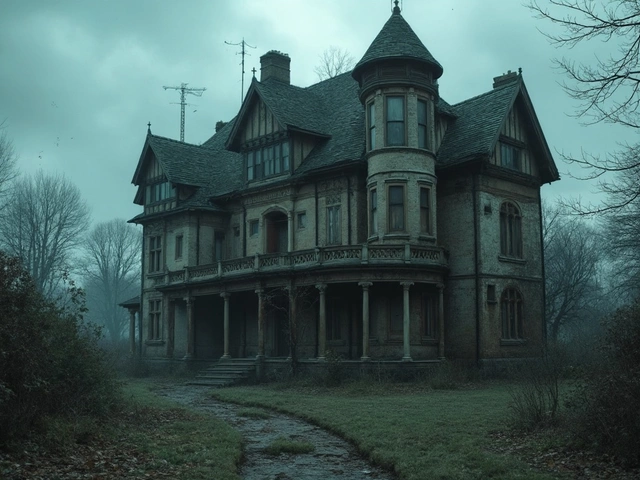Commercial vs. Non-Commercial Construction Classifier
Project Classification Tool
This tool helps determine if your construction project should be classified as commercial or non-commercial based on the Nova Scotia Building Code criteria.
Select the answers that best describe your project:
Project Classification Result
Important note
This tool provides general guidance based on common classification criteria. For official determination, always consult your local building department.
Why classification matters
Getting this wrong can cause significant delays, extra costs, and legal issues. Commercial projects require different permits, inspections, insurance, and financing than residential projects.
When you see a new building going up, how do you know if it’s commercial or non-commercial? It’s not always obvious. A big box store? That’s commercial. A house? Definitely non-commercial. But what about a small office above a coffee shop? Or a church? A daycare center? The line isn’t always clear-and getting it wrong can cost you time, money, and permits.
What counts as commercial construction?
Commercial construction covers any building built for business use. That means the space is meant to generate income, serve customers, or support operations that aren’t private living. Think retail stores, restaurants, hotels, warehouses, medical clinics, banks, office towers, and shopping centers.
These projects follow different rules than homes. Commercial buildings need higher fire safety ratings, more robust structural supports, ADA-compliant entrances, larger HVAC systems, and often special electrical setups for heavy equipment. Permits are stricter, inspections are more frequent, and zoning laws can be a minefield. In Halifax, for example, a new restaurant in the downtown core needs separate approvals for grease traps, outdoor seating, and noise levels-things a single-family home never touches.
Commercial projects are also usually funded differently. Investors, banks, or corporate budgets pay for them-not homeowners taking out a mortgage. Contractors working on commercial sites often deal with multiple stakeholders: architects, engineers, property managers, and leasing agents-all with different priorities.
What counts as non-commercial construction?
Non-commercial construction is anything built for personal, private, or public service use-not to make a profit directly from the space itself. This includes single-family homes, duplexes, apartments, schools, libraries, public hospitals, and government buildings.
Here’s the key difference: non-commercial buildings serve people, but they don’t sell goods or services from the space. A public school isn’t commercial, even though it’s a big building with hundreds of people coming through daily. Why? Because it’s funded by taxes, not rent or sales. Same with a community center or a fire station.
Residential construction follows different codes. Insulation requirements, ceiling heights, and bathroom sizes are based on livability, not customer flow. Permits are simpler. A homeowner adding a deck doesn’t need to file a fire suppression plan or install commercial-grade sprinklers.
The gray areas: Where things get tricky
Not everything fits neatly into one box. That’s where confusion starts-and where mistakes happen.
Take a mixed-use building. Ground floor: a bakery. Second floor: apartments. Is that commercial or non-commercial? The answer: both. The bakery side is commercial construction. The apartments are non-commercial. Each section has its own set of codes, permits, and inspections. You can’t treat the whole building as one project.
What about a church? It’s not a business, but it’s a large building with hundreds of people gathering. In most places, churches are classified as non-commercial because they’re non-profit organizations. But they still need special fire exits, accessibility features, and structural checks because of crowd size. Same with a nonprofit daycare-non-commercial in legal terms, but built to commercial-grade safety standards.
Even home-based businesses blur the line. If you run a small accounting firm from your living room, your house is still a non-commercial structure. But if you add a separate office wing with its own entrance, parking, and signage, some municipalities will treat that addition as commercial. Check your local bylaws-rules vary wildly.
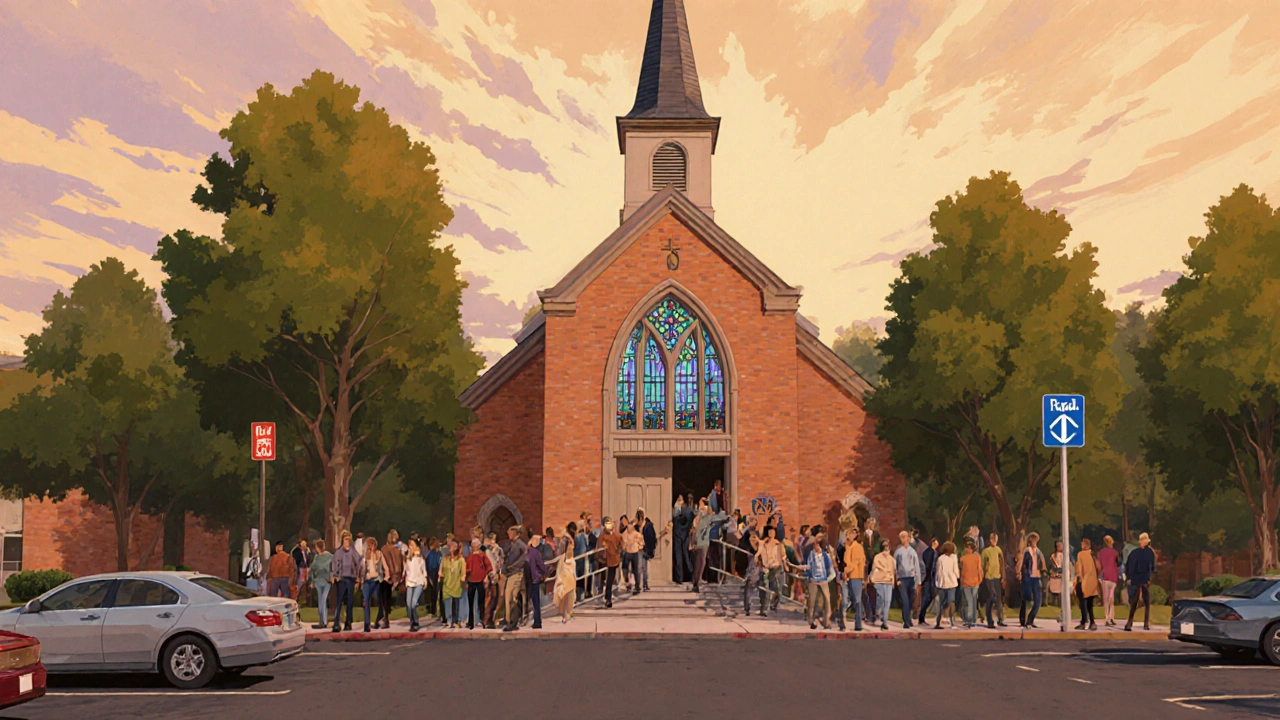
Why does the classification matter?
Getting this wrong can delay your project by months-or shut it down entirely.
Permits are the biggest issue. A homeowner trying to build a commercial kitchen in their garage without the right classification will get denied. They’ll spend money on materials, only to find out they need a grease interceptor, commercial-grade ventilation, and a separate sewage line-things they didn’t budget for.
Insurance is another trap. Homeowners insurance won’t cover a business operating out of your home if it’s classified as non-commercial. If a client slips on your driveway during a meeting, you could be sued-and uninsured.
Financing is different too. Banks won’t give you a residential mortgage to fund a retail space. You need a commercial loan, which has higher down payments, stricter credit checks, and different interest rates.
And then there’s taxes. If you convert part of your home into a business space, you might qualify for deductions-but only if the space is legally recognized as commercial use. Misclassifying it can trigger audits.
How to figure out your project type
Ask yourself these three questions:
- Is the building designed to generate income directly from the space? (e.g., rent, sales, services offered on-site)
- Will the public or customers regularly enter the building for business purposes?
- Does the project require commercial-grade systems (HVAC, plumbing, fire safety) beyond what a home needs?
If you answered yes to two or more, it’s likely commercial.
Still unsure? Talk to your local building department. In Nova Scotia, you can call the Municipal Licensing and Standards office in your town. Bring your plans. Ask: “Is this classified as commercial or non-commercial under the Nova Scotia Building Code?” They’ll tell you exactly what applies.
Don’t guess. Don’t assume your neighbor’s project is the same as yours. Every municipality has its own interpretation.
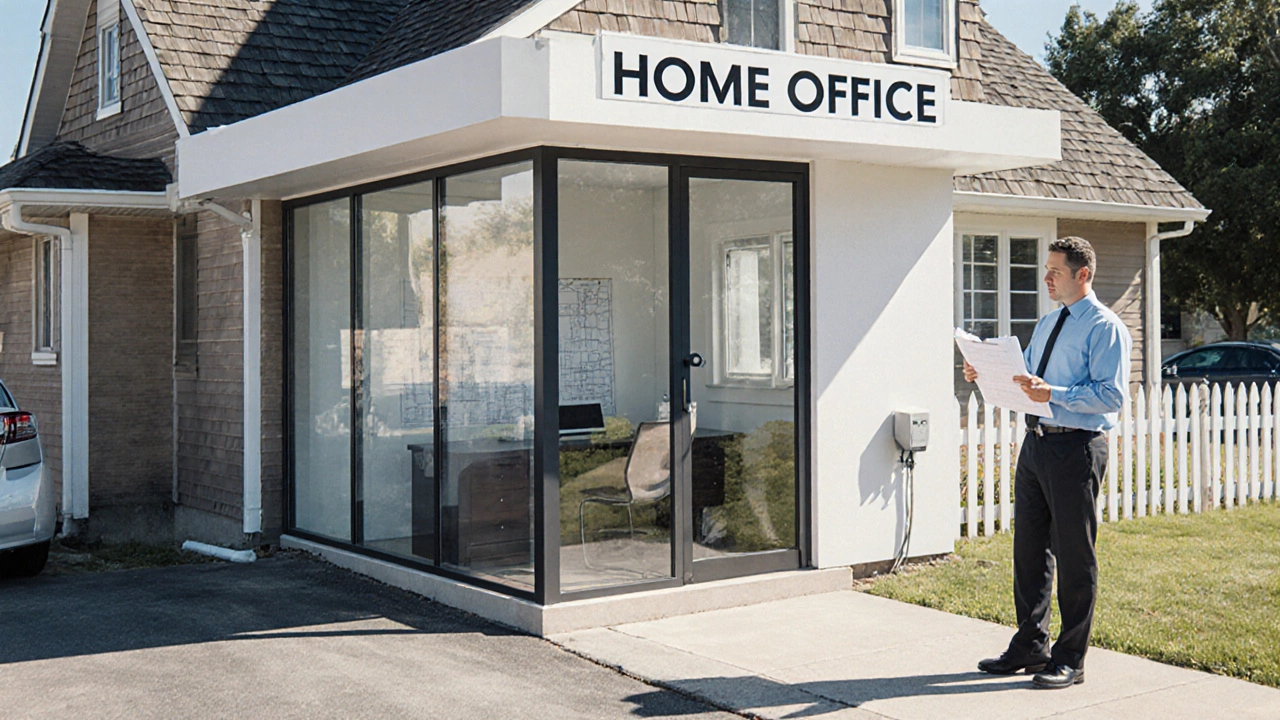
What happens if you misclassify?
Let’s say you built a small office in your backyard and called it a “garden shed.” You didn’t get permits because you thought it was non-commercial. Then the city finds out you’re running a consulting business out of it. You’ll get a stop-work order. You’ll have to tear it down-or pay to bring it up to commercial code, which could cost twice as much as the original build.
Or worse-you sell the property later, and the buyer’s inspector flags the unpermitted structure. The sale falls through. Or the city forces you to disclose the violation, which tanks your home value.
There’s no shortcut. Getting the classification right upfront saves you from legal headaches, financial loss, and stress down the road.
Bottom line: It’s not about size-it’s about use
A tiny building can be commercial. A huge one can be non-commercial. The difference isn’t in square footage or how fancy it looks. It’s in how it’s used.
Commercial = income generation. Non-commercial = personal or public service.
If you’re planning a project and aren’t sure, start with your local building authority. Get it in writing. Keep the approval on file. When in doubt, treat it as commercial. It’s easier to scale back than to rebuild.
Is a rental property commercial construction?
No. A rental property is still non-commercial construction. Even if you own multiple units and rent them out, the buildings themselves are classified as residential. The income you earn doesn’t change the building type-it’s still designed for people to live in. Commercial construction applies when the building is used to sell goods or services directly, like a hotel or retail space.
Can a church be considered commercial?
Generally, no. Churches are classified as non-commercial because they’re non-profit organizations that don’t sell goods or services for profit. However, they’re built to higher safety standards than homes because of crowd capacity. If a church runs a café or gift shop that charges customers and generates significant income, that specific area might be classified as commercial, while the sanctuary remains non-commercial.
What’s the difference between commercial and industrial construction?
Commercial construction is for business activities that serve customers or clients-like offices, stores, or restaurants. Industrial construction is for manufacturing, production, or heavy processing-think factories, power plants, or warehouses that handle raw materials. Industrial buildings need even stronger foundations, specialized ventilation, and heavy-duty utilities. The two are often confused, but they follow completely different codes.
Do I need a commercial contractor for a small business space?
Yes. Even a small retail space or office requires a contractor licensed for commercial work. Residential contractors aren’t trained or insured for commercial codes like fire separation, accessibility ramps, or commercial HVAC systems. Hiring the wrong contractor can lead to failed inspections, delays, or unsafe conditions.
Can I convert my home into a commercial space?
You can, but it’s not simple. You’ll need to rezone the property, get commercial permits, upgrade systems (plumbing, electrical, fire safety), and meet accessibility standards. In Halifax, changing a residential property to commercial use often requires a public hearing. It’s doable, but expect higher costs, longer timelines, and strict compliance.
Next steps if you’re planning a build
Before you break ground:
- Define exactly how the space will be used-write it down.
- Check your municipality’s zoning map online. Look up your property’s designated use.
- Call the local building department. Ask: “What code applies to this use?”
- Get a pre-application meeting with an inspector. Bring your sketches.
- Never assume a permit is just a formality. Commercial rules are enforced.
There’s no magic formula. But if you treat classification as a critical first step-not an afterthought-you’ll avoid the costly mistakes most people regret later.
